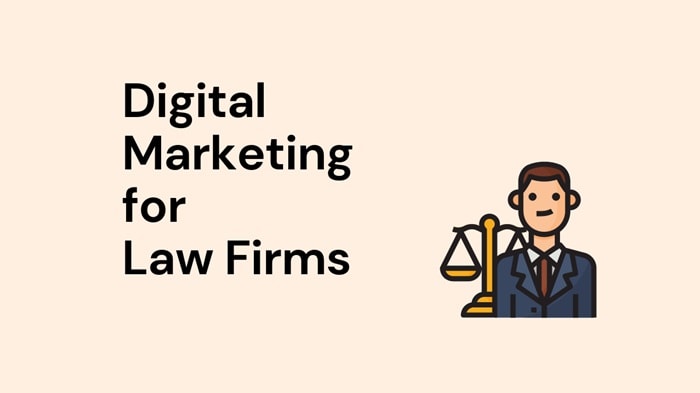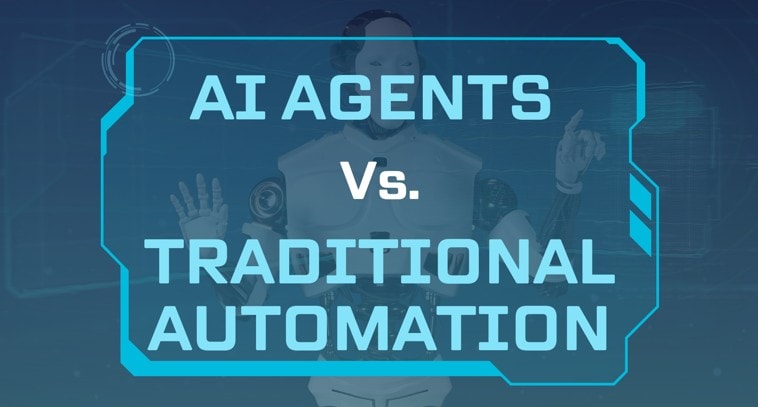Can syndicated content impact organic search rankings? In certain instances, syndicated content may be perceived as spam. Conversely, it has the potential to surpass the original content in search rankings.
Nonetheless, syndication remains a commonly embraced strategy in both journalism and content marketing. The question remains: does it play a role in search ranking algorithms?

What is Syndicated Content?
Syndicated content is a term used to describe content that could be in the form of articles, videos, or other forms of media that is created once by one source (the content creator or publisher) and then gets distributed or republished by other website, platforms, or media outlets.
This is normally done with permission or under an agreement between the original content creator and those wanting to republish the content.
Syndicated content is a way for content creators to expand their reach by publishing their material on several platforms. It can be a great strategy for both content creators and publishers, as it may result in increased exposure, traffic, and engagement.
However, proper attribution and adherence to guidelines or agreements regarding the syndication of content by all parties are important to avoid issues such as duplicate content penalties or copyright infringement.
Syndicated content is quite common in fields like journalism, where news can be syndicated across different newspapers or websites, and in content marketing, where blog posts or other forms of content are syndicated to third-party websites for wider reach.
Is Syndicated Content a Google Ranking Factor?
Content syndication occurs across multiple channels. Most content creators would syndicate their content to reach wider audiences. For example, a CEO publishes a blog on the company website and then decides to syndicate the same content across LinkedIn, Medium, or other sites.
By doing so, they can tap into the wide-ranging audiences that vary on each of the different platforms and help to drive that traffic back towards their main company website.
Additionally, publications and blogs will often syndicate content. This occurs when a content creator gives permission for another partner or partners to take this content in exchange for an expanded reach of the particular content to elevate the visibility of the brand attached to that content.
You may also like: Content Creator Economy: What Is It About?
When syndicated content appears on third-party websites, it can take several forms:
- Identical: The content remains unchanged except for the URL where it is hosted.
- Condensed: Only a portion of the original content, such as the first paragraph or a specific section, may appear.
- Significantly Edited: The content could have a different headline or undergo substantial editing, including the removal or rearrangement of parts.
However, when syndication occurs without the creator’s consent, it amounts to content theft or piracy. Some websites use software to scrape content from other sources. These websites may focus on scraping content related to a particular topic for syndication purposes, while others scrape popular content indiscriminately in an attempt to attract search traffic.
The Proof: Syndicated Content As A Ranking Factor
Google Search Central provides specific quality guidelines for web administrators. Within the Advanced SEO section, they outline two scenarios related to syndicated content that qualify as webspam:
- Publishing auto-generated content generated by scraping RSS feeds or search results.
- Publishing scraped content through automated methods that do not enhance or alter the original content in any meaningful way.
In both cases, your content is unlikely to achieve a high ranking in search results, and the original content creators may have grounds to file for copyright infringement.
In 2012, Google Search Central released a video emphasizing the use of automation and scraping to produce syndicated content as a form of spam.
In 2018, John Mueller, a Google Search Advocate, discussed how syndicated content could potentially surpass original content in search rankings. This occurs when the syndicating website offers additional valuable content alongside the republished material.
In 2021, Google addressed the management of duplicate content in an article published on Google Search Central for developers. Concerning syndicated content, they recommend the following steps:
“If you syndicate your content on other sites, Google will always show the version we think is most appropriate for users in each given search, which may or may not be the version you’d prefer.
However, it is helpful to ensure that each site on which your content is syndicated includes a link back to your original article. You can also ask those who use your syndicated material to use the noindex tag to prevent search engines from indexing their version of the content.”
Content Syndication and Negative Impact on Your Ranking
Syndicating content does not contribute to improved rankings for the original content in search results.
However, despite Google’s efforts to prioritize original content over syndicated material, there are several reasons why algorithms might give preference to syndicated content instead.
You may also like: Effective SEO Techniques To Grow Organic Traffic
In fact, Google even recommends requesting that websites syndicating your content prevent Google from indexing it. This precaution is taken because syndicated content has the potential to surpass the original source in rankings.
Back in 2006, Google provided the following guidance regarding syndicated content:
“Syndicate carefully: If you syndicate your content on other sites, make sure they include a link back to the original article on each syndicated article. Even with that, note that we’ll always show the (unblocked) version we think is most appropriate for users in each given search, which may or may not be the version you’d prefer.”
By following Google’s recommended best practices for content syndication, you should not experience any adverse ranking effects. However, if Google identifies automated scraping and syndication of your content, it may flag your site as spam.
Additionally, if a party syndicating your content neglects to apply a noindex tag, there is a possibility that their version could surpass yours in search rankings.
Would you like to read more about “Is Syndicated Content a Google Ranking Factor” related articles? If so, we invite you to take a look at our other tech topics before you leave!
Use our Internet marketing service to help you rank on the first page of SERP.










